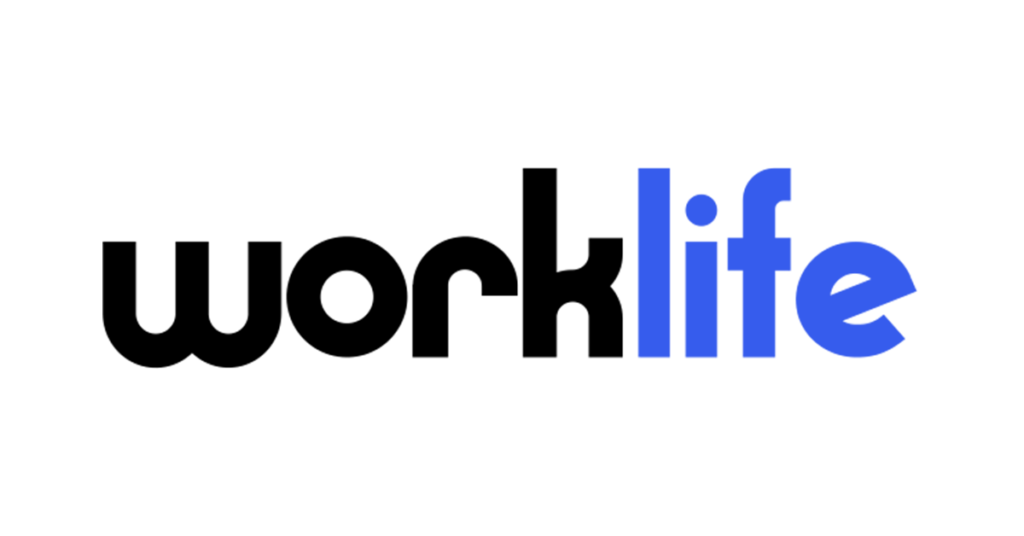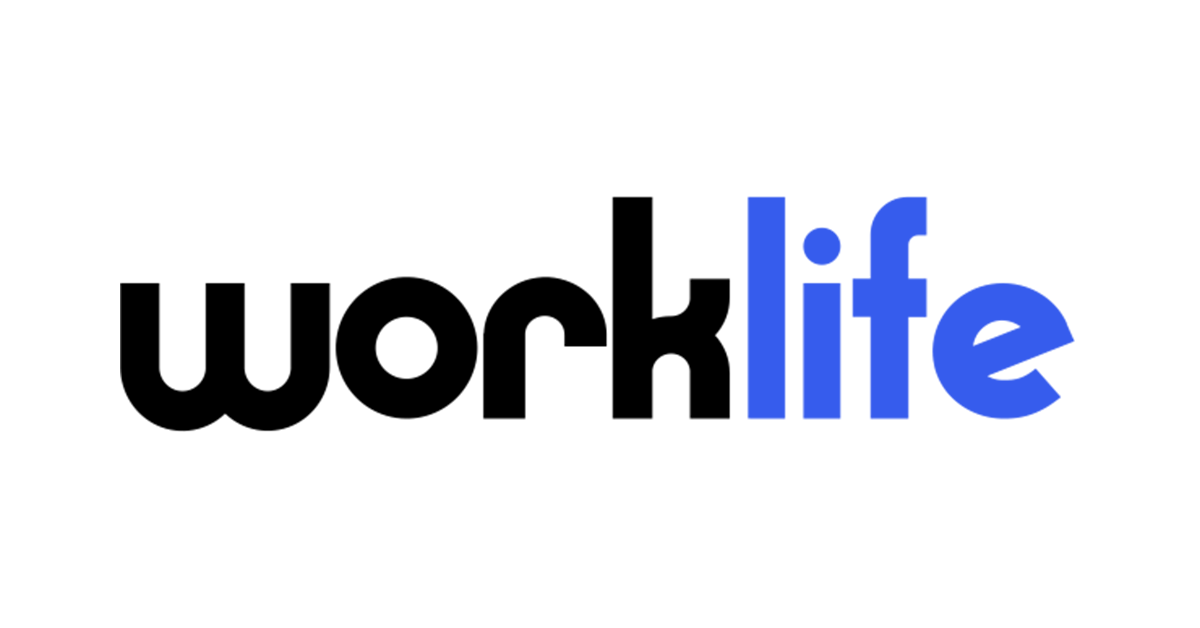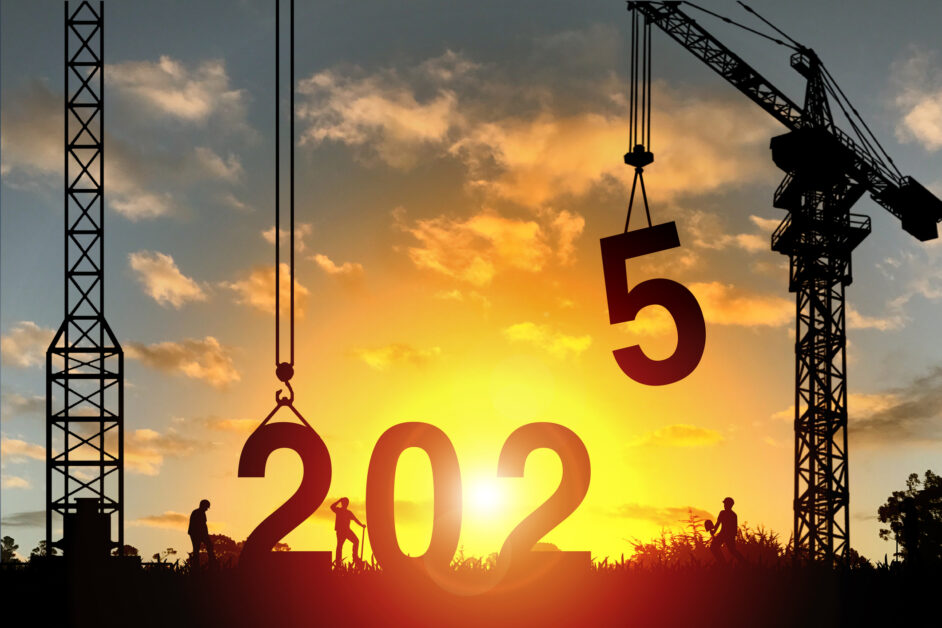“If organizations want to remain competitive, they must keep empathy, compassion and respect top of mind.”
As the workplace continues to evolve because of hybrid work and the acceleration of AI, fostering a sense of connection among employees has become more essential than ever.
Still, only 23% of employees feel connected to their company culture, according to a recent Gallup poll. That poses a significant challenge to organizations as younger generations shift from a “me” to a “we” mindset, emphasizing shared goals and team success and something HR leaders play a vital role in facilitating.
Will Guillaume Foussier, executive coach and co-founder of AI-powered workplace training and analytics platform AceUp, underscores the importance of the shift, observing that “upskilling and reskilling teams can help accelerate performance and improve how employees show up to work.” By focusing on shared goals and team synergy, he believes, organizations can create environments where high-functioning teams excel.
That does not mean ignoring individual growth but, rather, leveraging it to uplift the entire team. “It’s aligning me with we, not opposing me — aligning with what we have to accomplish together as a team, what we’re supporting as a community,” Foussier said. Doing so “will drive more impact for the individual and drive more impact for the organization.”
HR leaders are uniquely positioned to lead the charge in transforming workplaces from “me” to “we.” Paulo Pisano, CHRO of the travel platform Booking Holdings, points to the importance of a “one team” mindset, where shared goals and the recognition of individual contributions coexist. According to Pisano, “placing emphasis on the importance of shared goals and recognizing how everyone can contribute to meeting those goals is what enables us to build value for our customers and our long-term organizational needs.”
Pisano highlights the importance of unifying employees behind a shared mission and vision — an approach that HR leaders can model by fostering open communication, providing access to learning resources and promoting collaborative workspaces. Such strategies empower employees to feel that they are not working solely for themselves but for each other, and, by extension, for the organization’s success, as he sees it.
And AI and data-driven technology are changing how companies personalize and foster connections among employees. Dave Werry, co-founder, president and COO of the health tech firm Well, observes that AI can create more meaningful, real-time interactions with employees, driving deeper engagement. “Technology allows a very proactive and personalized dialogue,” he said, contrasting the approach with traditional reactive and manual methods of employee engagement.
That said, Werry acknowledges potential tension between the rise of personalized benefits and the broader collective “we” culture that employees, particularly younger workers, desire. The solution, he suggests, lies in focusing on the team’s collective mission first and using technology as a tool to personalize support within that shared framework. Such an approach allows companies to keep the “we” at the forefront while ensuring that individual employees feel valued.
According to a recent report from employee relations platform HR Acuity, based on responses from more than 2,200 workers in the U.S., certain moments — such as leaves of absence, instances of harassment or misconduct and organizational restructuring — can have a significant impact on employee connection. For example, only 36% of employees who took a leave of absence in 2023 were likely to recommend their employer as a great place to work. However, when the leave process was handled with care and empathy, that number rose to 48%.
That underscores the need for HR leaders to build compassionate processes around critical employee moments. Deb Muller, CEO of HR Acuity, points out that “trust is built or broken during these moments that matter,” emphasizing that predictable, compassionate processes — not superficial gestures like pizza parties — are what truly strengthen employee trust and engagement.
The shift from “me” to “we” is also evident with the rise in reporting rates for harassment and misconduct. Employees are increasingly standing up not just for themselves but for their colleagues, with 85% of those who experienced misconduct reporting it and 75% of those who witnessed it doing the same.
The bottom line is that employees are seeking connection to workplaces that model such values as openness, communication and respect, according to Rebecca Trotsky, chief people officer at HR Acuity. “Employees are people,” she said. “If organizations want to remain competitive, they must keep empathy, compassion and respect top of mind.”




